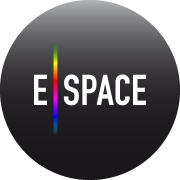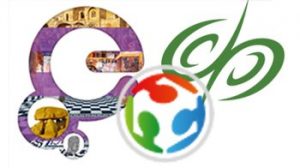This year’s autumn FISH-HEIRNET meeting will take place on Tuesday 29th November (1pm to 4.15pm), at the Historic Environment Scotland office in Edinburgh.
Address: Conference Room, John Sinclair House, Historic Environment Scotland, 16 Bernard Terrace, Edinburgh, EH8 9NX
The afternoon session is open, however there are limited numbers so if you would like to attend please register through Eventbrite.
Topics & updates
- Spatial Hub
- The Ariadne Portal
- Enhancements to Canmore Mapping
- The Thesaurus of Cultural Heritage
- Heritage Information Access Strategy
- Scotland’s Historic Environment Data Strategy
- Welsh Language Standards
- Scotland’s Urban Past
- OASIS redevelopment and ADS Library
- Moving on from OASIS – creating knowledge from information – developing a digital platform for English Research Frameworks
- ScARF: Scottish archaeology as a regional jigsaw – creating localised frameworks






